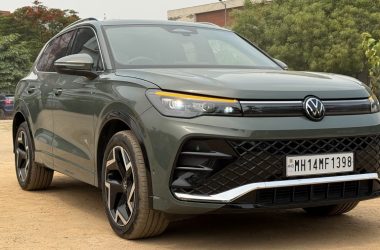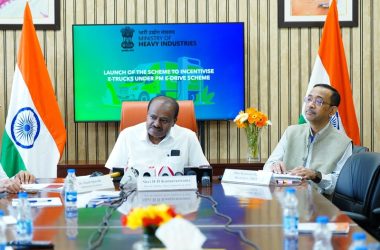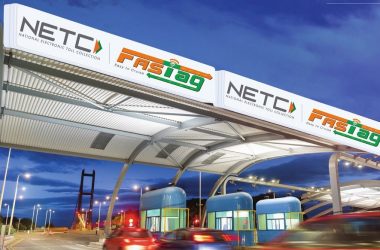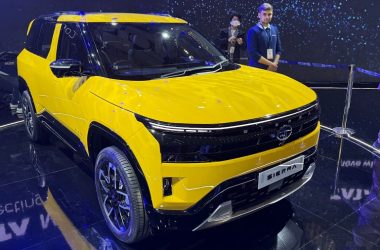Fueling the Future, One Molecule at a Time: Hyundai & IIT Madras Lift Curtain on ₹180 Crore Hydrogen R&D Hub in Tamil Nadu
Chennai: In a move that’s part science, part sustainability, and 100% futuristic, Hyundai Motor India Limited (HMIL), IIT Madras, and Guidance Tamil Nadu have officially revealed the architectural design of the upcoming Hyundai HTWO Innovation Centre—a hydrogen R&D temple disguised as a tech lab, coming soon to the Discovery Satellite Campus of IIT Madras at Thaiyur.
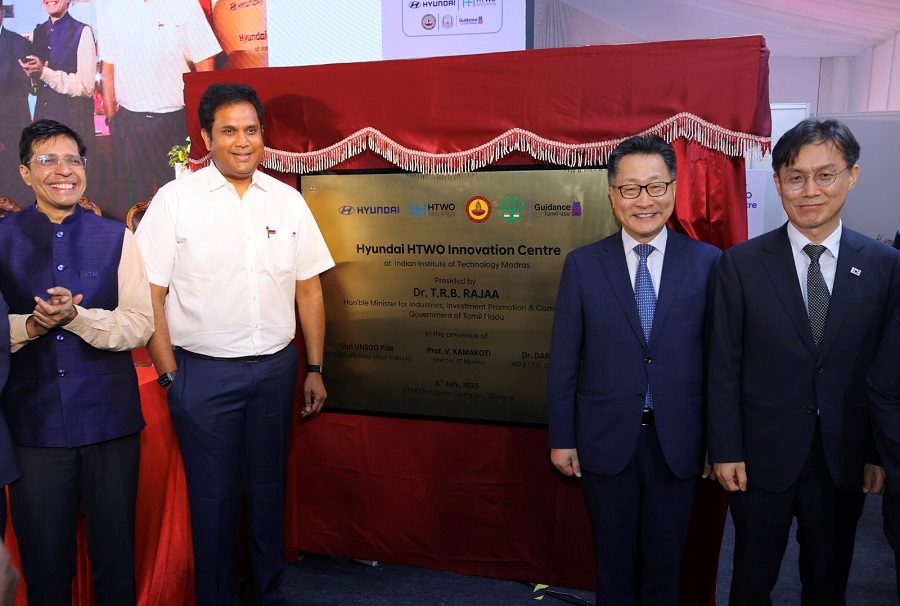
Announced with ministerial pomp and scientific precision, this 65,000 sq. ft. facility is not just a hydrogen hub—it’s a think tank, a testbed, and a talent factory rolled into one. The ₹180 crore initiative includes a generous ₹100 crore from Hyundai and its CSR wing Hyundai Motor India Foundation (HMIF). In case you’re wondering: yes, it’s green, clean, and smells like the future (if hydrogen had a smell, that is).
Presiding over the unveiling, T.R.B. Rajaa, Hon’ble Minister for Industries, Investment Promotion & Commerce, got right to the point:
“What Hyundai and IIT Madras are creating isn’t just a research centre—it’s a launchpad for India’s hydrogen ambitions.”
Hyundai’s top brass echoed the excitement. Unsoo Kim, MD of HMIL, declared:
“Hydrogen isn’t just a fuel—it’s a mission. And we’re proud to co-pilot India’s journey towards a hydrogen-powered future, right from the southern powerhouse of Tamil Nadu.”
Prof. V. Kamakoti, Director of IIT Madras, brought in the academic muscle, stating,
“This Centre will accelerate India’s race to Net Zero and make Atmanirbhar Bharat a reality in the hydrogen domain.”
The HTWO Innovation Centre (yes, pronounced “H-two”) isn’t just about pretty renderings and ribbon cuttings. Once operational by 2026, it’ll boast:
- High-tech computational labs
- Digital twins of hydrogen infrastructure (the Matrix, but for fuel cells)
- Customized test rigs and fabrication zones
- Containerised pilot demonstrators ready to scale up faster than an engineering student before exams
Set firmly within India’s broader ambitions of energy independence by 2047 and Net Zero by 2070, the centre aims to build not just prototypes but a full-blown hydrogen ecosystem—a bold bet on the smallest element solving some of the world’s biggest problems.
Also in attendance were dignitaries from Korea, top scientists from CSIR-NCL, key faculty from IIT Madras, and industry stakeholders—all united by a single molecule with zero carbon and infinite possibilities.
So, whether it’s fueling a car, powering a grid, or making India the next hydrogen powerhouse—HTWO is now officially HT-Wow.

